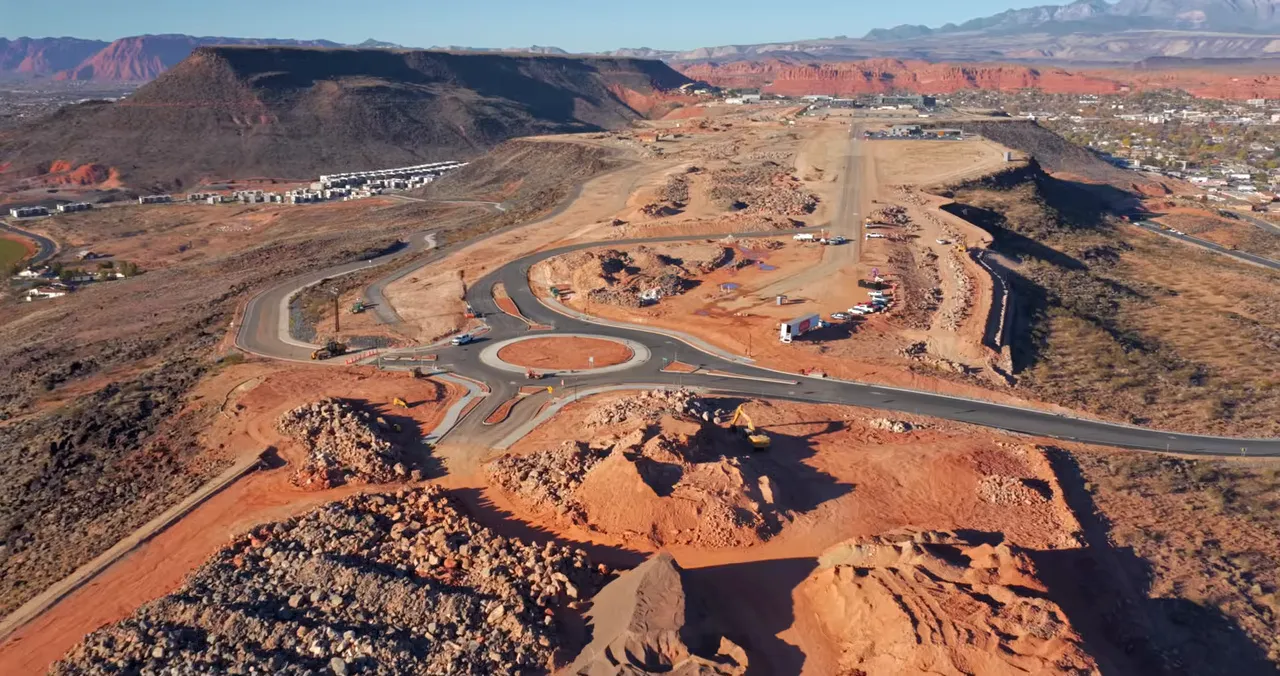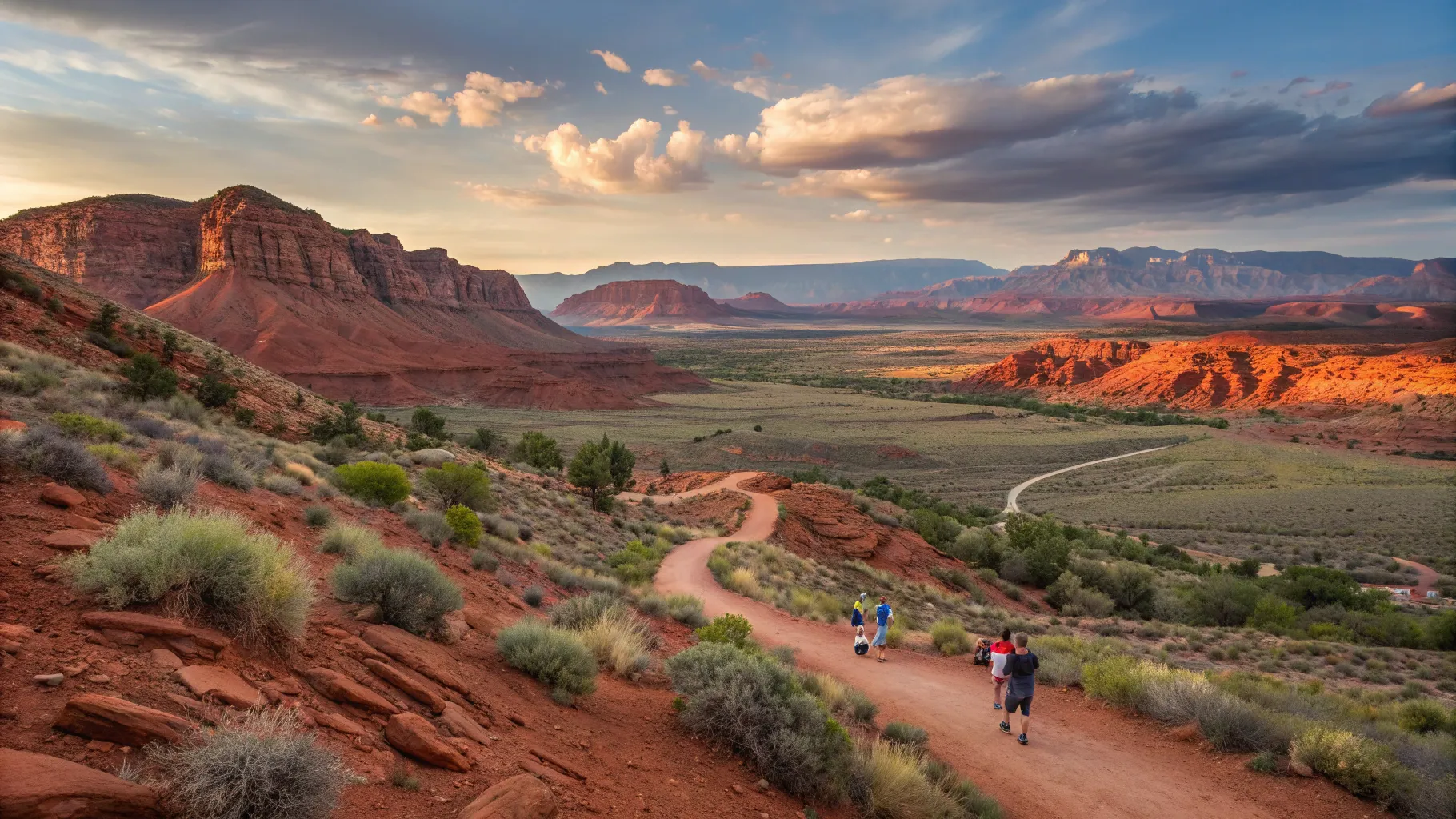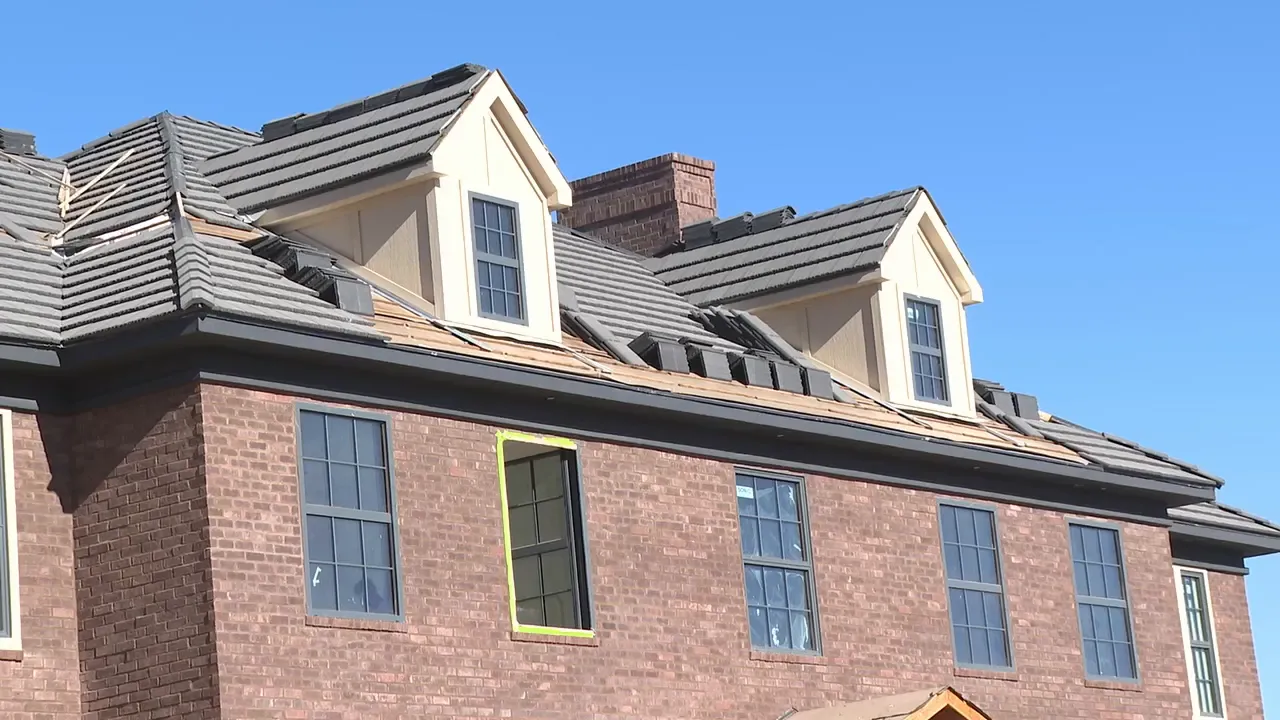
Relocating to St. George, Utah, can be an exciting prospect, but it's essential to weigh the potential downsides before making a decision. In this article, we'll explore ten critical factors that could impact your experience in this charming yet challenging city.
Introduction to St. George
St. George, Utah, is a city that offers a mix of scenic beauty, outdoor activities, and a community-oriented lifestyle. With a population of around 200,000, it provides a blend of small-town charm and some urban amenities. Known for its stunning red rock landscapes and proximity to national parks, St. George attracts both nature enthusiasts and those looking for a quieter way of life.
Traffic and Congestion Issues
One of the primary concerns for residents is the growing traffic and congestion. As the city expands, so does the number of vehicles on the road. Peak hours can be particularly challenging, making commutes longer and more stressful. While some appreciate the small-town feel, the increased traffic can be a significant drawback for others.
The Small Town Experience
St. George offers a small-town experience that appeals to many but may not suit everyone. Despite its growing population, the city retains a close-knit community vibe. For those who prefer a bustling urban environment with a wide array of amenities and activities, St. George might feel too limited. However, for those seeking a quieter, more relaxed pace of life, it can be an ideal choice.
Lack of Professional Sports
Sports enthusiasts might find St. George lacking, as the city does not have any professional sports teams. The nearest options are in Las Vegas, about an hour and 45 minutes away, or in Salt Lake City, over four hours away. This distance can be a deal-breaker for those who enjoy regularly attending live sports events. However, for others, this might not be a significant concern.
Extreme Heat and Climate Challenges
Living in St. George means dealing with extreme heat, especially during the summer months. From June through August, temperatures regularly soar above 100 degrees Fahrenheit. This relentless heat can be challenging for many, especially those who are not accustomed to such high temperatures. The dry climate, typical of a high desert, means there's little humidity, which some may find more tolerable compared to humid environments in places like Texas or Florida. However, the constant heat can still be exhausting and may deter outdoor activities during the peak summer months.
While some residents appreciate the dry heat, others find it unbearable and look for cooler climates. The lack of significant rainfall also contributes to the arid conditions, making it essential for residents to stay hydrated and find ways to keep cool. If you enjoy milder weather or have health conditions exacerbated by extreme heat, St. George might not be the ideal place for you.
Limited Public Transportation Options
Public transportation in St. George is limited, which can be a significant drawback for those who rely on it. The city has a bus system, but it lacks the comprehensive public transit networks found in larger cities. There is no train system, and the bus routes may not cover all areas or run as frequently as needed. This can make commuting and getting around without a car quite challenging.
For those who prefer or need public transportation, this limitation can be a significant inconvenience. The city's small-town feel and layout mean that driving is often necessary to reach various destinations, whether for work, shopping, or leisure. While the St. George Regional Airport offers flights to Salt Lake City and other locations, it doesn't replace the need for a robust local transit system. If you rely heavily on public transportation, this is a crucial factor to consider before moving to St. George.
Water Conservation Regulations
Water conservation is a critical issue in St. George due to its high desert environment and frequent drought conditions. Residents must adhere to strict water-saving measures, including designated days for lawn watering and the use of drought-resistant landscaping. Many homes and public spaces utilize artificial turf and hardscaping to reduce water consumption.
Explore Utah Real Estate
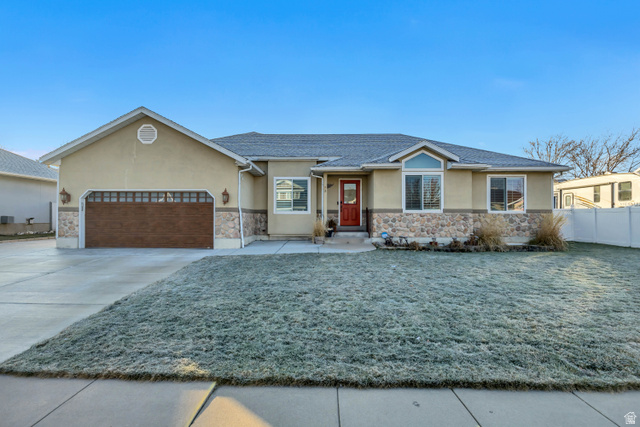
83 W 850 S, Centerville, UT
$815,000
Bedrooms: 5 Bathrooms: 3 Square feet: 3,999 sqft
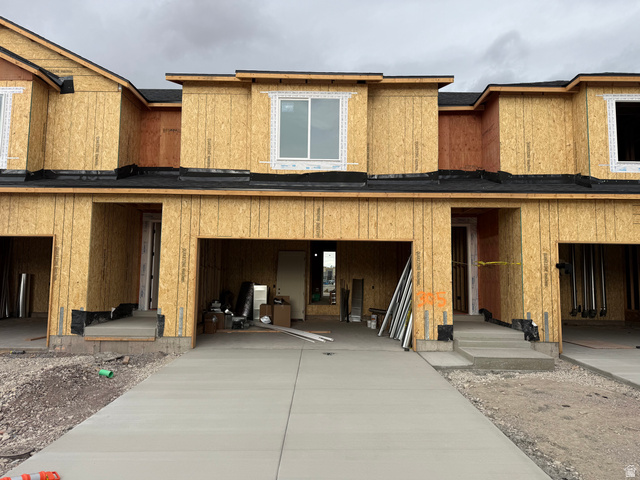
653 E RYEGRASS DR #305, Eagle Mountain, UT
$387,900
Bedrooms: 3 Bathrooms: 3 Square feet: 1,985 sqft
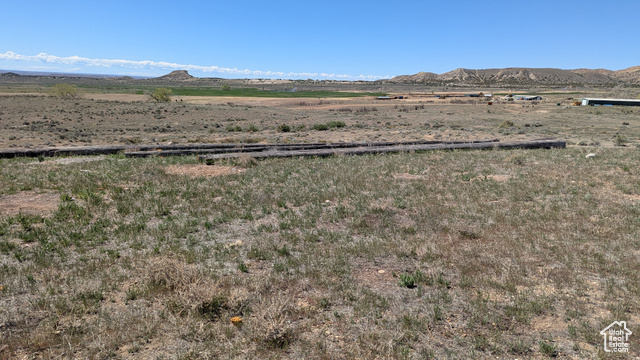
2098 E GOOSE RANCH RD, Vernal, UT
$103,000
Square feet: 274,864 sqft
These regulations can be a significant adjustment for those used to abundant water supplies and lush green lawns. The emphasis on water conservation affects daily living, from gardening to household water use. While these measures are necessary to ensure a sustainable water supply for the community, they can be a point of contention for new residents who are not accustomed to such restrictions. Understanding and complying with these regulations is essential for anyone considering a move to St. George.
Tourist Impact on Local Life
St. George attracts a significant number of tourists throughout the year, drawn by its natural beauty, outdoor activities, and events like the Ironman triathlon and various festivals. This influx of visitors can impact local life, leading to increased traffic, crowded public spaces, and a bustling atmosphere that may not appeal to everyone.
Additionally, St. George is a popular destination for "snowbirds"—individuals who migrate from colder regions to enjoy the milder winter climate. This seasonal population increase can strain local resources and infrastructure. For some residents, the constant flow of tourists and seasonal visitors disrupts the small-town feel and tranquility they seek.
While tourism brings economic benefits to the area, it can also create challenges for permanent residents. If you prefer a quieter, more stable community environment, the tourist activity in St. George might be a drawback. Conversely, if you enjoy a dynamic and lively atmosphere with various events and activities, this aspect of St. George could be a positive feature.
Cultural and Religious Influences
St. George has a significant cultural and religious influence from the Church of Jesus Christ of Latter-day Saints (LDS). This influence can be seen in various aspects of daily life, from community events to social norms. While many residents appreciate and are attracted to this cultural environment, it can be a deterrent for others who prefer a more secular or diverse community.
The presence of the LDS Church is prominent, with numerous church buildings and community activities centered around the faith. This can create a strong sense of community for members but might feel exclusionary to those who do not share the same beliefs. It's important to understand this cultural dynamic before moving to St. George to ensure it aligns with your lifestyle and values.
In addition to the LDS Church, there are other religious organizations and churches in the area, providing options for various faiths. However, the predominant influence remains with the LDS Church, shaping much of the local culture and social fabric. If you are comfortable with or seek out this type of environment, St. George could be a welcoming place for you. If not, it may be worth considering how this influence might impact your experience living in the city.
Job Market Limitations
St. George's job market can be a limiting factor for many potential residents. While Utah generally enjoys low unemployment rates, St. George does not have a robust job market, particularly in certain sectors like technology and specialized industries. This can make it challenging for professionals seeking opportunities in these fields.
Most employment opportunities in St. George are concentrated in healthcare, education, retail, and tourism. While these industries provide stable job options, they may not meet the needs of those seeking high-growth or high-tech careers. This limitation can be a significant drawback for young professionals or those looking to advance in specialized fields.
More Properties You Might Like

2031 N LAVA ROCK CIR #107, St George, UT
$4,185,000
Bedrooms: 4 Bathrooms: 5 Square feet: 5,404 sqft
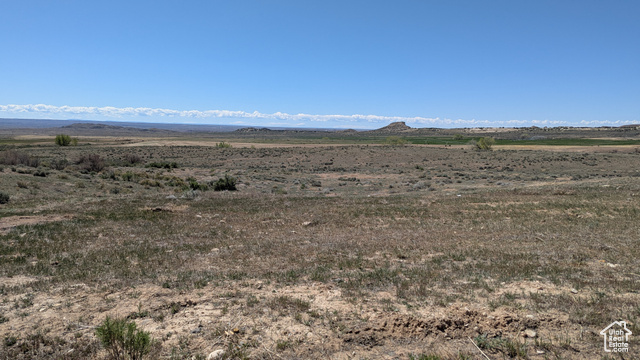
2148 E GOOSE RANCH RD, Vernal, UT
$116,000
Square feet: 309,276 sqft
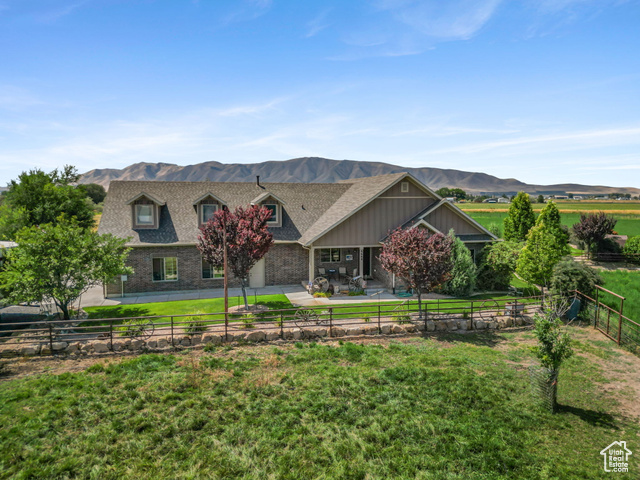
6668 S 3200 W, Spanish Fork, UT
$2,074,000
Bedrooms: 3 Bathrooms: 3 Square feet: 2,560 sqft
For those who are retired or have remote work flexibility, the limited local job market might not be a concern. However, for others, it could necessitate long commutes to larger cities or even relocation out of St. George to find suitable employment. Understanding the job market landscape is essential before making a move to ensure it aligns with your career goals and needs.
Distance from Major Cities and Nightlife
St. George's distance from major cities and the lack of vibrant nightlife can be a downside for some residents. The city is about an hour and 45 minutes from Las Vegas and over four hours from Salt Lake City. This distance can make accessing big-city amenities and international travel more challenging and time-consuming.
While St. George offers some dining and entertainment options, it lacks the variety and excitement found in larger metropolitan areas. This can be a significant drawback for those who enjoy a bustling nightlife scene or access to diverse cultural events and activities. The city's slower pace and limited nightlife might not suit everyone's lifestyle.
For those who value proximity to major cities and the amenities they offer, the location of St. George might feel too remote. Conversely, if you prefer a quieter, more relaxed environment and don't mind traveling for occasional big-city experiences, this aspect might not be a significant concern. It's essential to consider how the city's location and lifestyle align with your preferences before deciding to move.
Conclusion and Final Thoughts
Moving to St. George, Utah, offers a mix of unique benefits and potential challenges. From the cultural and religious influences to the limited job market and distance from major cities, various factors can impact your experience living in this beautiful city. It's crucial to weigh these considerations carefully to determine if St. George aligns with your lifestyle and priorities.
Despite the challenges, many people are drawn to St. George for its stunning natural scenery, outdoor recreational opportunities, and community-oriented atmosphere. Whether you're seeking a retirement destination, a place with warm and dry summers, or a small-town feel, St. George has much to offer.
If the potential downsides don't deter you and you find the city's attributes appealing, St. George could be an excellent place to call home. As always, thorough research and understanding your personal needs and preferences are key to making an informed decision about relocating. Should you decide that St. George is the right fit for you, you'll join a community that many have come to love and appreciate.
Related Articles:









